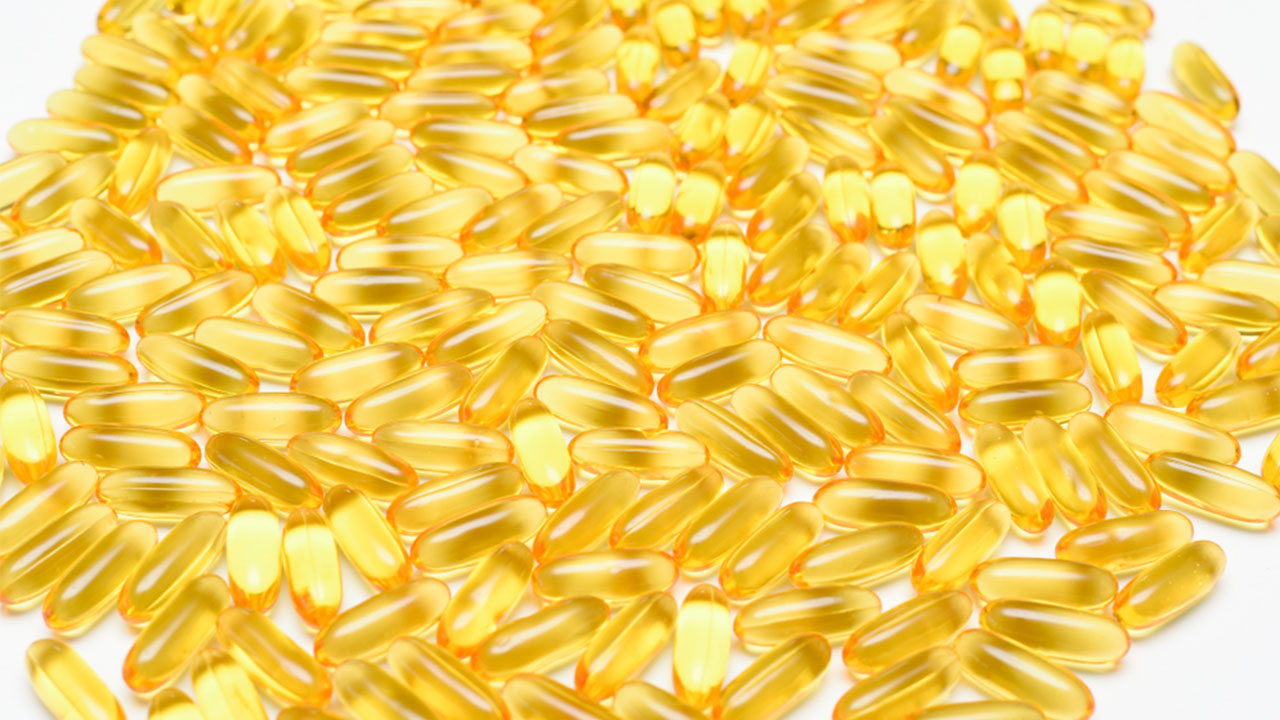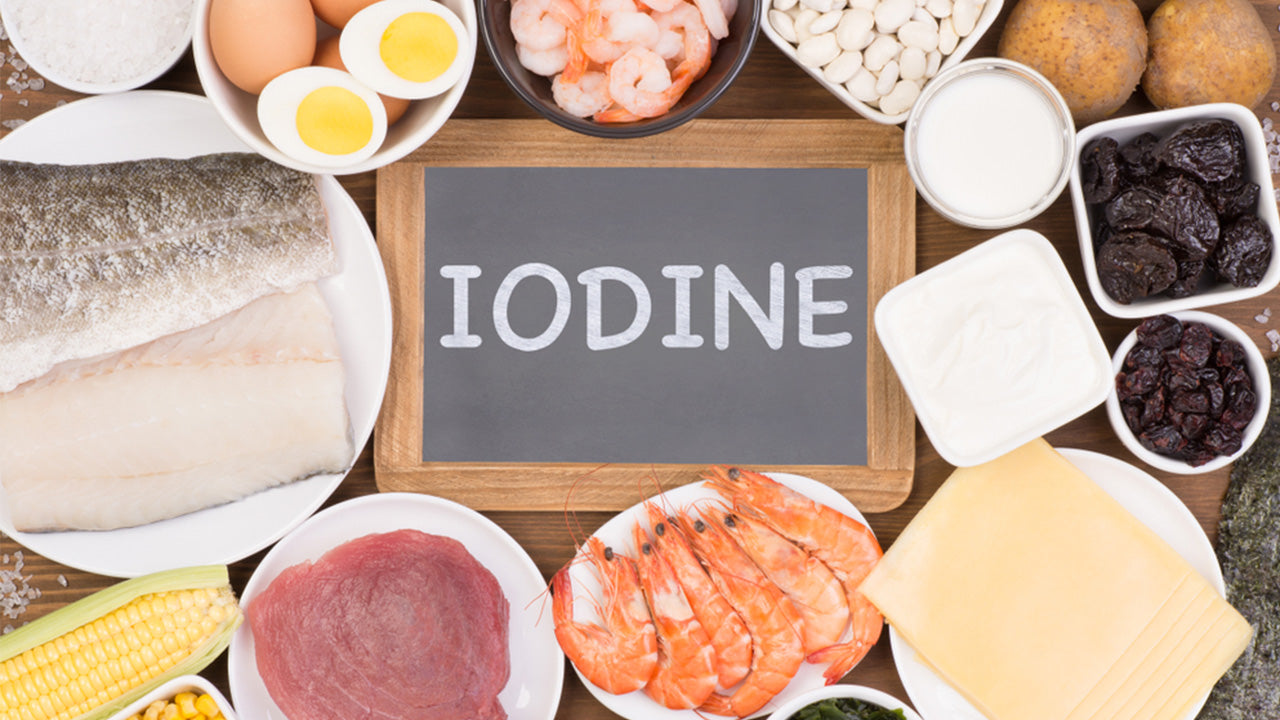The Top 10 Supplements and Vitamins for Joint Pain
 By: by Amino Science
By: by Amino Science

Joint pain afflicts many people, often in cases as serious as osteoarthritis and rheumatoid arthritis (RA) that can diminish one's range of motion and quality of life. In the case of most arthritis conditions, previously healthy joints begin to develop degenerative conditions, whether genetically or through wear and tear. Levels of chronic pain vary, but there are dietary supplements that can help before resorting to dangerous pharmaceutical drugs for pain relief. This article runs down the top 10 supplements and vitamins for joint pain management.
The Unfortunate Abundance of Arthritis
Almost a quarter of the American population is afflicted with some form of arthritis. Pain in one's joints can arise from many different conditions involving bone health, connective tissues, or the immune system, but the one thing they all have in common is a shared need for joint support.
While over-the-counter drugs like Tylenol (acetaminophen) or nonsteroidal anti-inflammatory drugs like Advil (ibuprofen) are often quick solutions for joint pain relief, when it comes to chronic conditions, taking drugs indefinitely can lead to other side effects. Stomach bleeding, kidney stress, and liver damage, can all result from taking too many drugstore medications, and often people want relief without risking other aspects of their priceless health.
What follows are natural supplements and vitamins that can support bone and joint health without the need for drugs or medications.

The Top 10 Supplements and Vitamins for Joints
Here are 10 proven aids for joint health you can safely add to your daily routine.
1. Glucosamine
Glucosamine is a natural, crystalline compound found in our cartilage and connective tissue. Cartilage is the rubbery component of our joints that keeps our bones from rubbing together as we move (which would cause pain and dangerous wear).
Many joint disorders involve the breakdown of cartilage. But cartilage can not heal like our skin or our livers can, because cartilage has no blood supply. Therefore, in an effort to maintain healthy cartilage before it wears away to nothing, glucosamine can be consumed.
While glucosamine has been extensively studied in connection with osteoarthritis (also known as degenerative joint disease or DJD), researchers are still unclear on how it works. Of the two types of glucosamine supplements—glucosamine hydrochloride and glucosamine sulfate—glucosamine hydrochloride appeared to be ineffective in improving joint pain according to a 2013 meta-analysis of studies. And a 2007 study found that glucosamine sulfate did improve osteoarthritis symptoms.
When it comes to joint health, glucosamine sulfate is suggested for supplementation, as studies indicate that it may work by slowing down the narrowing of your joint space, a marker of worsening osteoarthritis progression.
2. Chondroitin
Chondroitin is a central component of cartilage, much like glucosamine. It, too, may help prevent cartilage breakdown due to osteoarthritis and other joint conditions.
Studies have shown that chondroitin has the ability to relieve joint pain and lessen the stiffness associated with osteoarthritis. Up to 53% of those who take it report a significant improvement in knee pain.
Chondroitin sulfate may also slow down joint narrowing and delay the degenerative progression of osteoarthritis.
Preservation is the name of the game in degenerative cases, meaning chondroitin is another valuable, natural addition to this list. Both chondroitin and glucosamine can often be found packaged together in joint supplements on the market.
3. Turmeric
A natural supplement known for its anti-inflammatory effects, turmeric root has a bright golden-orange color and can help relieve inflammation throughout the body, including in joints afflicted with arthritis. Curcumin is the active compound in turmeric that makes it an effective supplement, and it has been shown to perform significantly better than a placebo when tested in randomized clinical trials, as can be seen in this systematic review and meta-analysis from 2016.
Some studies suggest that turmeric may perform at the same level as ibuprofen, making it an excellent potential replacement for over-the-counter drugs that may cause digestive damage if taken too frequently.
4. Vitamin D
Having low levels of vitamin D is linked with a higher likelihood that you'll suffer from joint pain. Not only does vitamin D aid the absorption of calcium (the bedrock component of your bones), but it also helps regulate phosphorus, another key player in bone health.
You can purchase a vitamin D supplement, or you can get it from eating fortified foods like cereal and milk (which also contain calcium), or from the natural rays provided by a few minutes' exposure to the sun.
5. Frankincense
Frankincense, aka boswellia, is another natural compound like turmeric that is known to have an anti-inflammatory effect on arthritis and more. The active components in the extract are known as boswellia acids, and they have been clinically proven to ease knee pain and increase knee flexion and walking distance better than a placebo.
6. ASUs (Avocado-Soybean Unsaponifiables)
Avocado-soybean unsaponifiables (ASUs) are the extracts from avocado and soybean oils that can help prevent cartilage breakdown. They're known to possess anti-inflammatory, anabolic, and anticatabolic properties, and on a practical level can reduce joint pain and stiffness while improving joint function in human subjects.
7. SAMe (S-Adenosyl-L-Methionine)
S-adenosyl-L-methionine or SAMe is a derivative of the amino acid methionine. While methionine is an essential amino acid that you need to consume to gain, SAMe is a chemical created naturally from methionine in the liver. One of its functions is to aid in the production and repair of cartilage tissue.
Supplementing with SAMe can enhance these effects, as was found in this 2004 study comparing SAMe with the anti-inflammatory drug Celebrex (celecoxib). After 1 month of supplementation, Celebrex was out-performing SAMe, but at the 2-month mark both were performing more-or-less equally.
8. Devil’s Claw
The charmingly named devil's claw, or harpagophytum, contains an anti-inflammatory compound known as harpogoside. Devil's claw is native to southern Africa and a member of the sesame family, and is so-called because of its hook-like fruit. In this study from 2000, devil's claw was found to be comparable in effect to diacerein, an anti-inflammatory drug, providing yet another promising natural alternative to drugs for joint pain relief.
9. Fish Oil
The omega-3 fatty acids in fish oil—DHA (docosahexaenoic acid) and EPA (eicosapentaenoic acid)—not only have anti-inflammatory effects but can also improve heart health, brain function, and liver health. When it comes to the joint pain associated with rheumatoid arthritis, a recent 2017 study found that consuming fish oil supplements helped reduce joint pain in the participants with RA.
10. Calcium
No joint health list would be complete without calcium, the building material that keeps us all standing tall.
Up to 99% of the calcium in our bodies resides in our bones (and our teeth). Without sufficient calcium, our bones become weak, more prone to fracture and dislocation. Weakened bones will inevitably impact our joints, which are defined as the space where two bones meet, or join together, and may cause joint deformity or even an acceleration of cartilage and joint tissue damage. For all of these reasons, calcium matters greatly when it comes to joint health.
Without enough calcium, too many people develop osteoporosis, a bone disease that comes with its own side effects of joint pain and weakness. The Arthritis Foundation asserts that getting enough calcium is vital for those with rheumatoid arthritis and those who are taking corticosteroids for treatment, as they both increase the risk of osteoporosis, which leads to a higher risk of falls, fracture, and joint deformation.
Calcium can be found in dairy products like milk and yogurt, fortified and enriched foods like breakfast cereals, and dark greens like spinach and broccoli. Women generally need to consume more calcium than men, especially women who have been pregnant.
Superior Joint Health Supplements
Consult your doctor for advice on supplements and vitamins for joint health, as not all supplements are closely regulated by the Food and Drug Administration (FDA). Your doctor knows best what your joints need and in what dosages, so that they don't conflict with any other medications (like blood thinners) or treatments you're currently undergoing. When seeking supplements for joint pain, natural remedies are the best option if your condition is responsive to them, so do not hesitate to try. For example, essential amino acid supplements have virtually no side effects and can help promote muscle, heart, bone, and joint health.

Up to 25% off Amino
Shop NowTAGS: supplements
Join the Community
Comments (0)
Most Craveable Recipes




 833-264-6620
833-264-6620



















